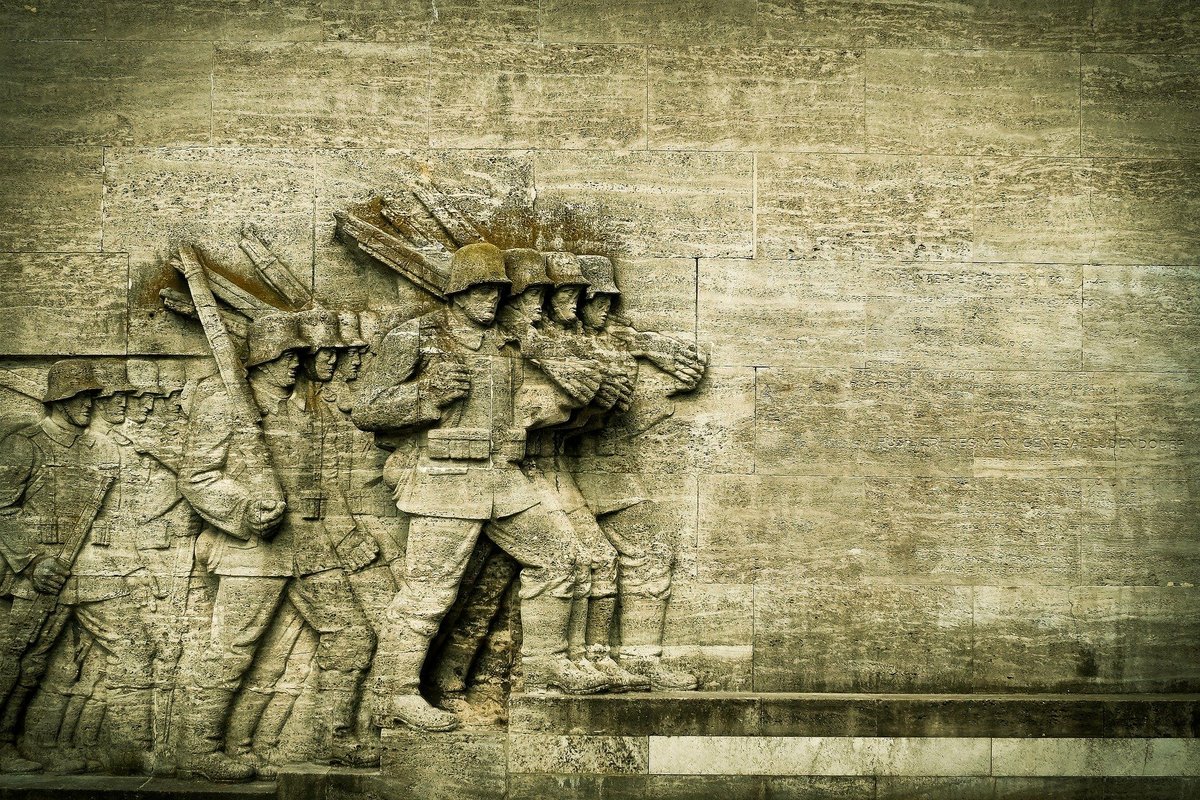
"To remember the past is to work on the future"
8 May 2020 marks the 75th anniversary of the end of the Second World War. In an interview, Aleida Assmann, Konstanz professor for cultural studies, explains how the way this day was perceived shaped the culture of remembrance in post-war Germany. You can read the full interview on campus.kn, the online magazine of the University of Konstanz.
Read more
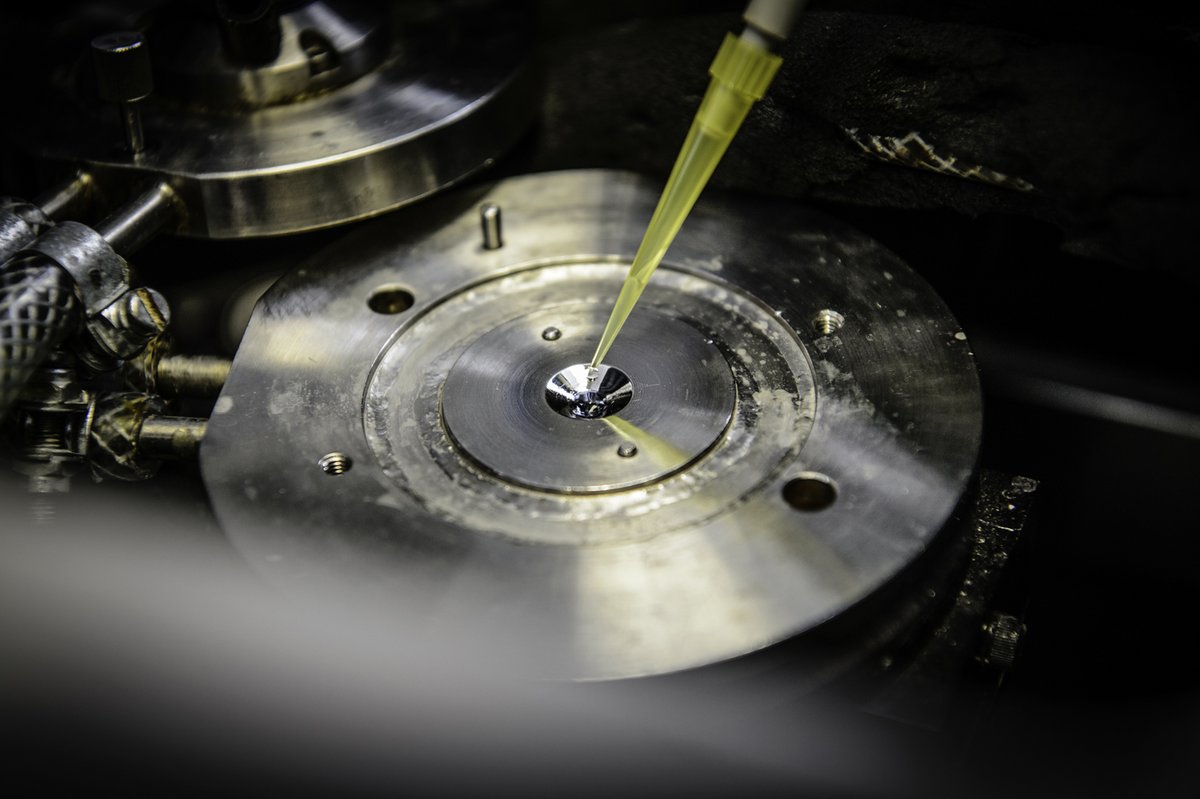
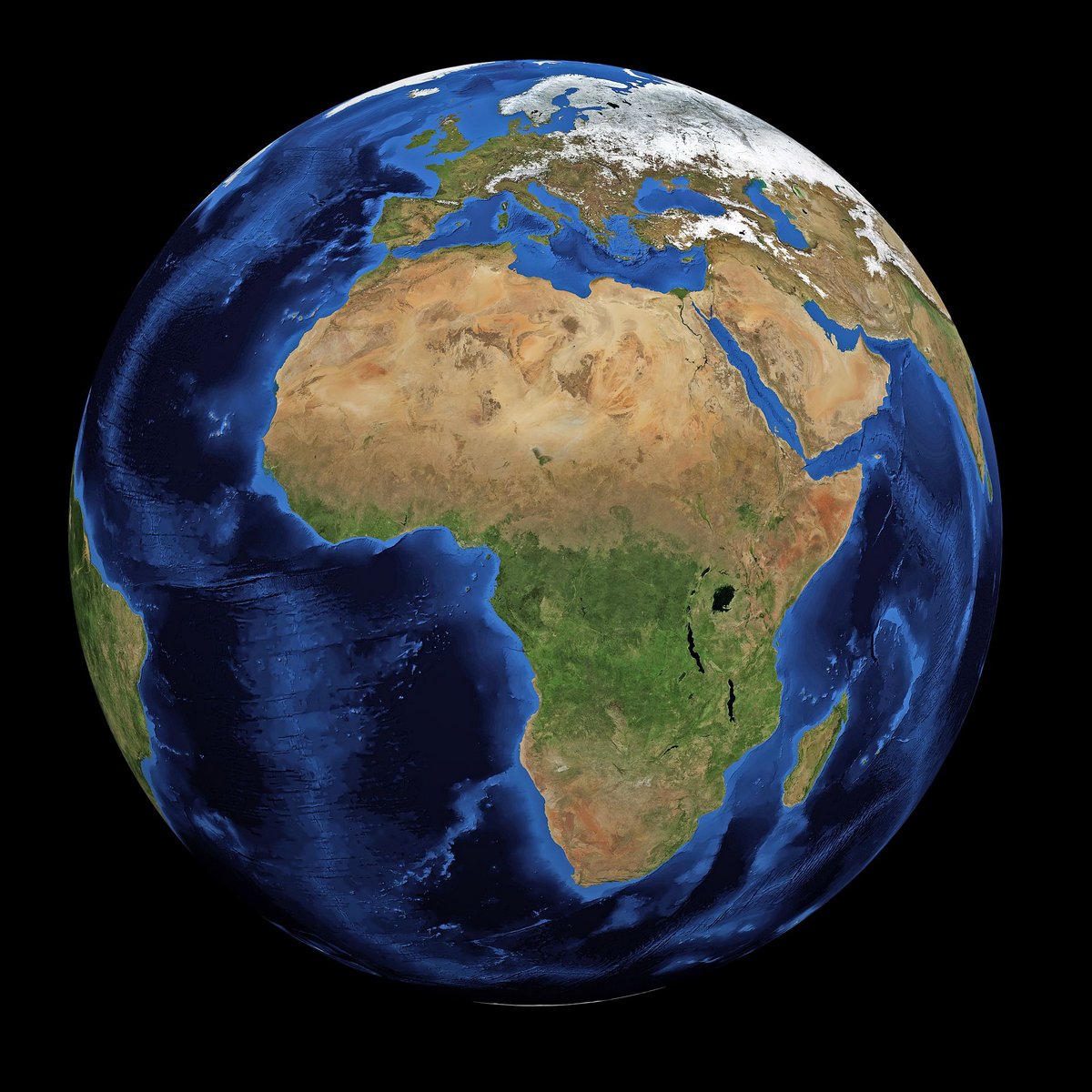
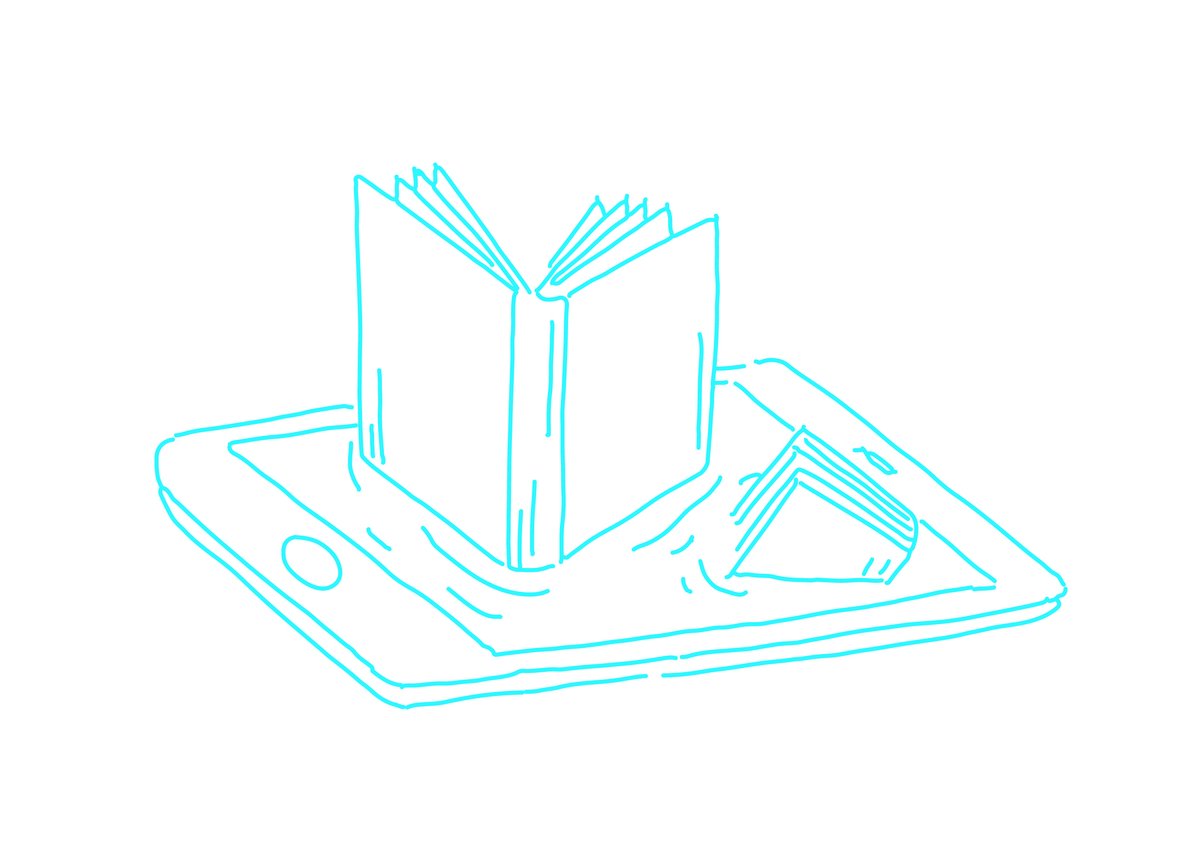
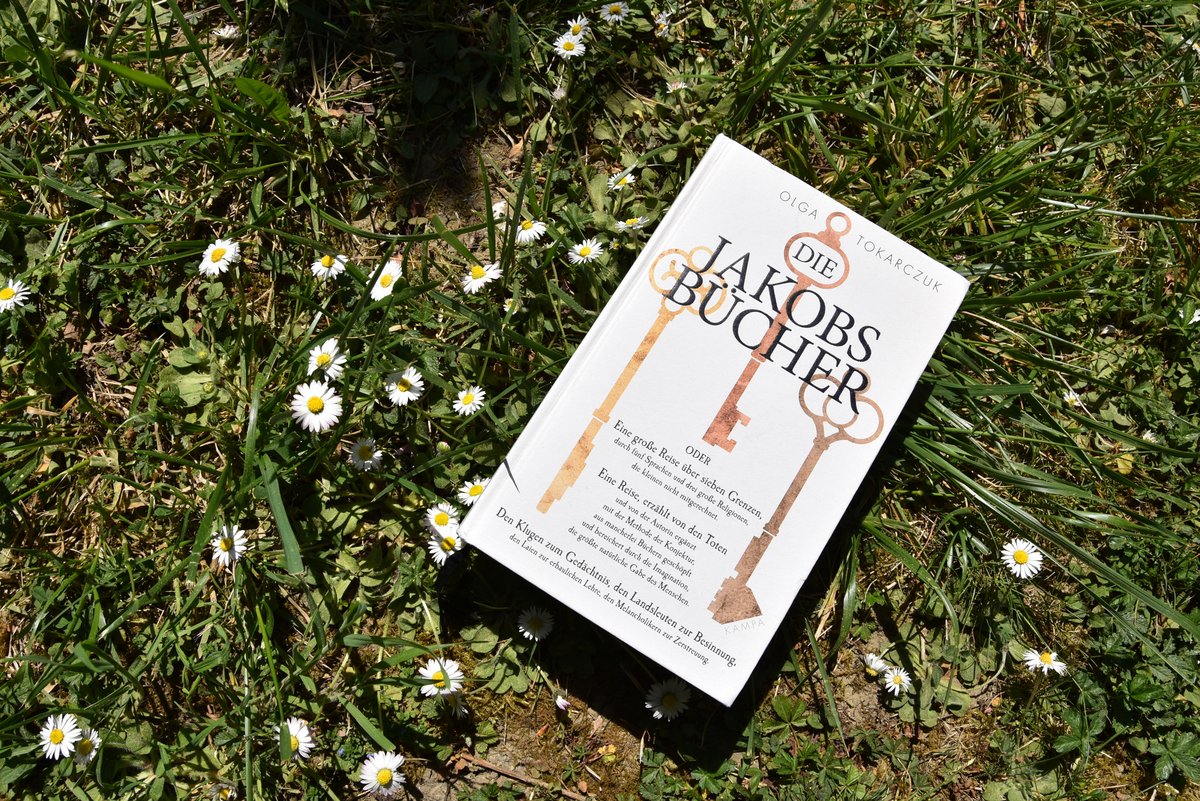
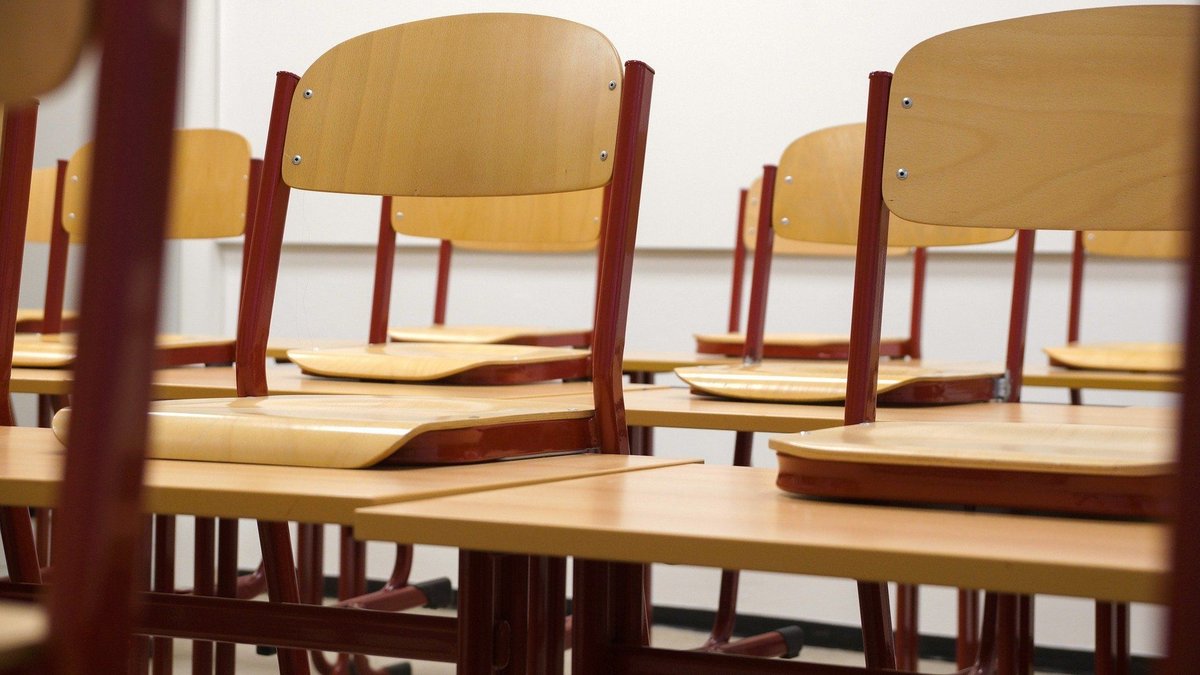
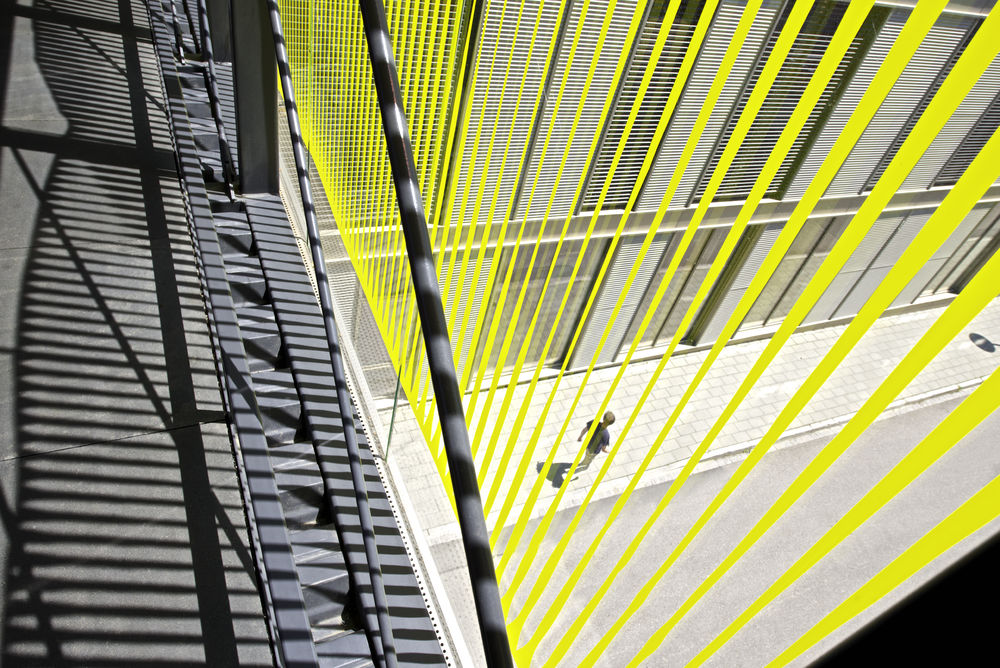
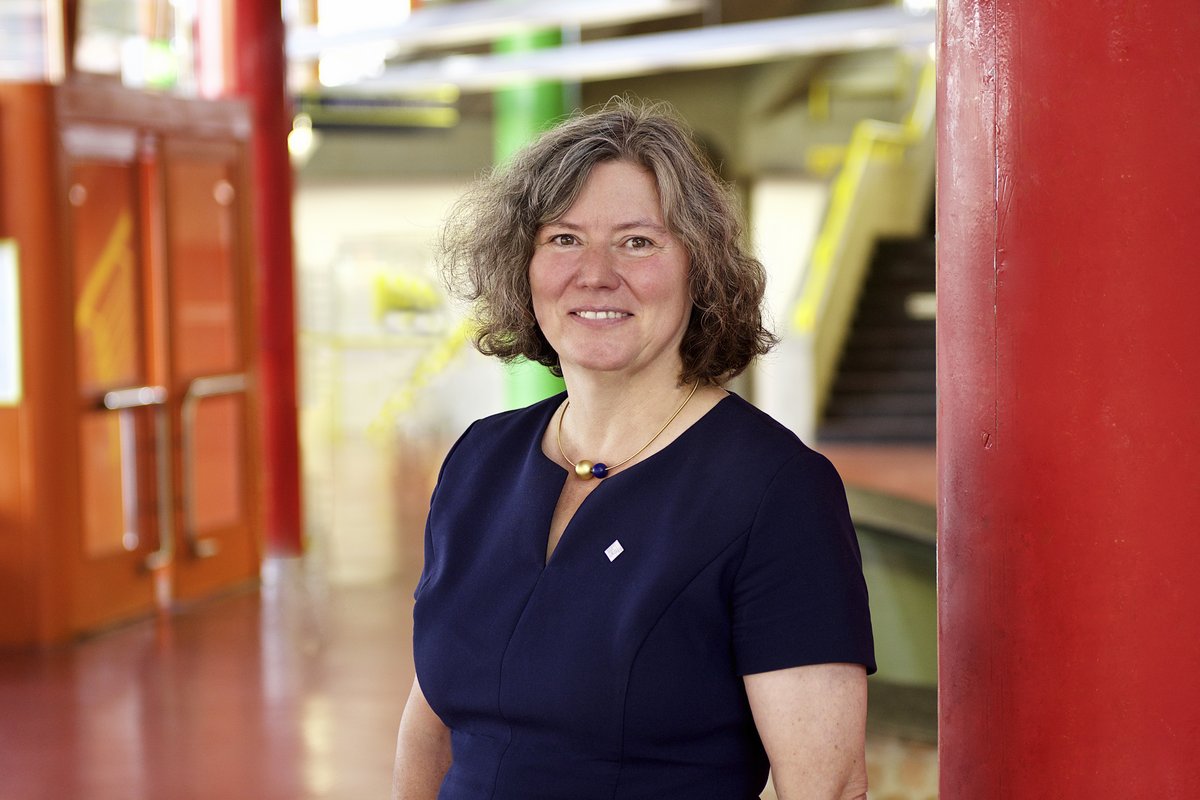

![[Translate to Englisch:] [Translate to Englisch:]](/fileadmin/_processed_/4/8/csm_ungleichheit_und_coronavirus_unsplash_cheng_feng_unsplash_5b796d1634.jpg)